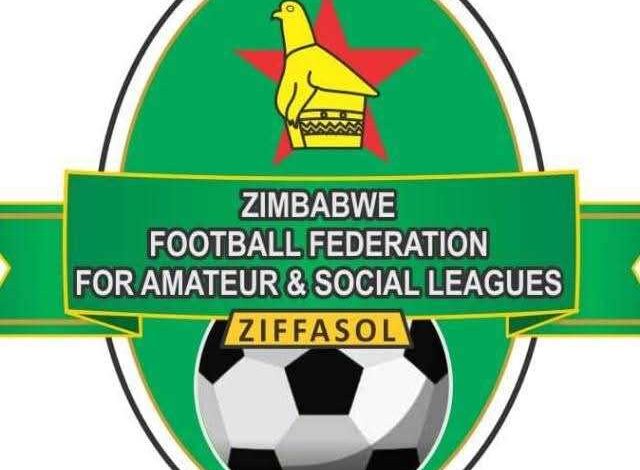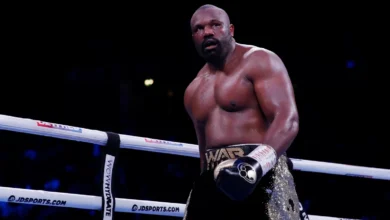ZIFASOL Hits Back at ZIFA Over Operational Ban, Citing Grassroots Rights and Constitutional Freedoms

The Zimbabwe Football Federation for Amateur and Social Leagues (ZIFASOL) has strongly rejected a directive from the Zimbabwe Football Association (ZIFA) aimed at curbing its activities, accusing the national governing body of undermining grassroots football and violating constitutional rights.
In a formal response dated 15 June 2025, ZIFASOL President F. Zimunya addressed ZIFA CEO’s letter from 12 June 2025, which alleged that ZIFASOL was conducting unauthorized football operations at the area zone level—purportedly under a jurisdiction exclusive to ZIFA and its affiliated members.
However, ZIFASOL pushed back, arguing that ZIFA has continuously sidestepped collaboration and failed to engage in meaningful dialogue to support the growth of community-level football. “On several occasions, we have sought to have a meeting with you as ZIFA in order to exchange notes and see how we could work together… but you have failed to accommodate us on several times by giving unfounded excuses,” wrote Zimunya.
The federation also condemned ZIFA’s decision to exclude ZIFASOL from the ZIFA Assembly without due process, calling the move unlawful and damaging to football development across Zimbabwe. “You have closed the door for ZIFASOL to be in the Assembly without following the proper procedure… without giving us the reasons for such a decision that affects thousands of people that ZIFA has failed to reach out to for the past 20 years or more,” the letter stated.
ZIFASOL emphasized that it operates as an independent body, not bound by ZIFA’s affiliate structure. The federation said it has its own constitution, governance structures, and membership base, with a clear focus on promoting football in communities often neglected by formal football administration.
“ZIFASOL is not a ZIFA affiliate as it is an independent organisation with its own constitution and rules and regulations that govern its operations,” the statement read. “ZIFA has the mandate to promote football—not to ban organisations that are promoting and developing football in every ward in Zimbabwe.”
In a significant escalation, ZIFASOL accused ZIFA of attempting to breach fundamental rights protected under Zimbabwe’s Constitution. “The book of the land, the Constitution, provides for freedom of association that ZIFA intends to violate. This is also tantamount to violating people’s human rights, especially those living in remote rural areas in Zimbabwe where ZIFA has never set foot,” wrote Zimunya.
Describing the ZIFA Assembly as outdated and lacking the moral authority to suppress stakeholder initiatives, ZIFASOL declared it would not halt its football programs. “The ZIFA Assembly is now absolute. They have no mandate to give such a corrosive decision of stopping stakeholders from developing soccer,” the letter continued. “We are not stopping our programmes since our existence was born out of the Minister’s mandate as well as our members and organizational initiatives.”
ZIFASOL concluded its letter with a stern warning to ZIFA: “If you continue to interfere with our operations, we will have no choice but to refer the matter to the Minister, the Sports and Recreation Commission (SRC), and will go for arbitration.”
The clash highlights deepening tensions between Zimbabwe’s football governing bodies and raises critical questions about inclusivity, decentralization, and the future of grassroots sport development in the country. As both entities prepare to hold their ground, the football community awaits potential intervention from higher authorities.




